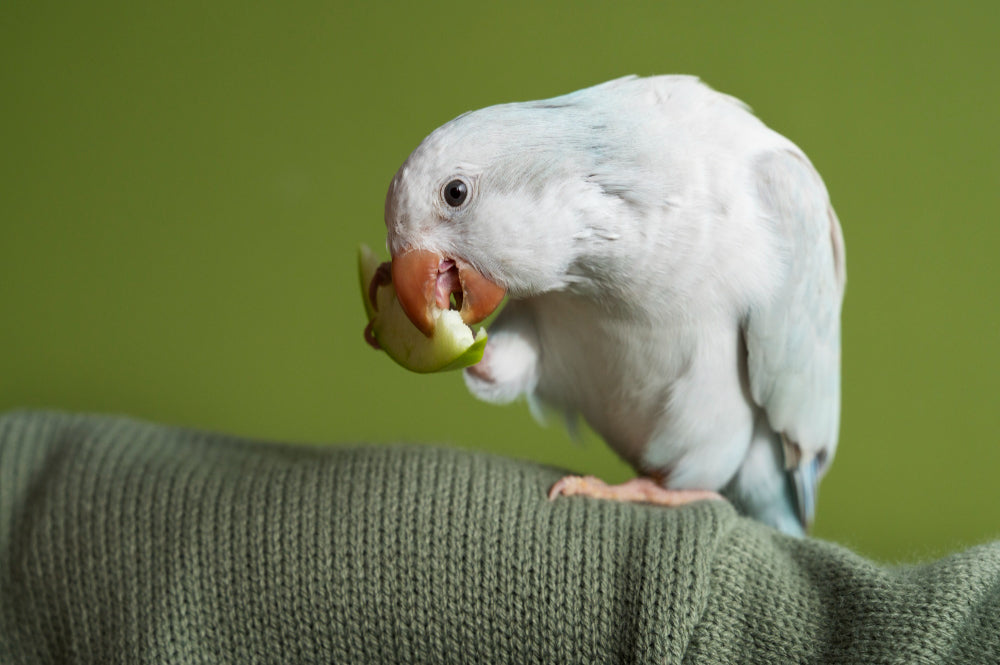The Ultimate Guide to Parrot Nutrition | A Balanced Diet for Happy Birds
Parrots are not only colorful and intelligent creatures but also delightful companions that bring joy and charm to our lives. To ensure the well-being and happiness of these feathered friends, providing them with a balanced and nutritious diet is crucial. In this comprehensive guide, we'll explore the essential elements of a parrot's diet, offering valuable insights into the types of foods, portion sizes, and dietary considerations that contribute to a healthy and happy avian life.
Understanding Parrot Dietary Needs:
- Variety is Key: Parrots thrive on a diverse diet, just like humans. Incorporate a wide range of fruits, vegetables, nuts, seeds, and grains to ensure your parrot receives a broad spectrum of nutrients.
- Balancing Macronutrients: Parrots require a balance of macronutrients, including proteins, fats, and carbohydrates. Seeds and nuts are excellent sources of healthy fats, while legumes and grains provide essential proteins and carbohydrates.
- Fresh Fruits and Vegetables: Introduce fresh fruits and vegetables rich in vitamins and minerals. Consider options like apples, grapes, carrots, leafy greens, and bell peppers. These not only provide essential nutrients but also offer enrichment through foraging.
- Seed Mixtures: While seeds are a staple in a parrot's diet, it's crucial to offer a balanced seed mixture. Avoid seed-only diets, as they can lead to nutritional deficiencies. Commercially available pellet foods are formulated to provide a complete and balanced diet.
- Calcium and Vitamin D: Adequate calcium and vitamin D are crucial for strong bones and overall health. Include foods like dark leafy greens, nuts, and fortified foods to meet these requirements.
- Hydration: Ensure your parrot has access to fresh, clean water at all times. Hydration is vital for digestion, feather health, and overall well-being.
- Limiting Sugars and Fats: While some fruits contain natural sugars, it's essential to moderate their intake. Similarly, be mindful of the fat content in nuts and seeds to prevent obesity and related health issues.
Tailoring the Diet to Parrot Species:
Different parrot species may have specific dietary requirements. Research the specific needs of your parrot's species to tailor their diet accordingly. For example, larger parrots may require more nuts and fruits, while smaller species may thrive on a diet with finely chopped vegetables and smaller seeds.
Conclusion:
A well-balanced diet is the foundation of a happy and healthy parrot. By understanding the nutritional needs of your feathered friend, providing a diverse range of foods, and monitoring portion sizes, you can ensure a vibrant and fulfilling life for your avian companion. Remember, each parrot is unique, so observing their preferences and making adjustments accordingly is key to maintaining their overall well-being. With the right nutrition, your parrot will not only be physically healthy but will also radiate the vibrant energy that makes these intelligent birds such delightful companions.

